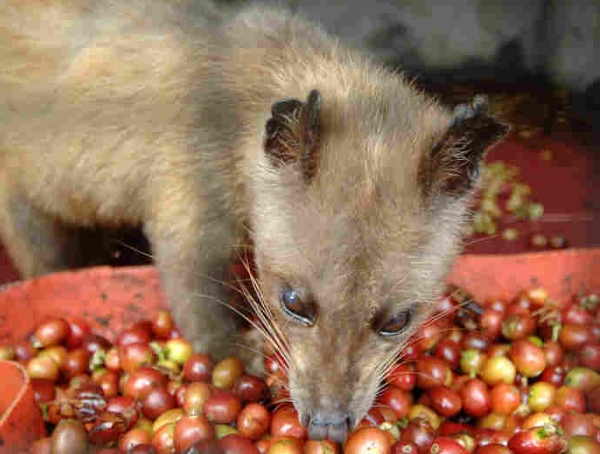Civet cats are small, carnivorous mammals that are native to tropical forests in Africa and Asia. Despite their name, they are not actually cats but belong to the Viverridae family. These nocturnal creatures have a varied diet that consists of fruits, insects, small mammals, and sometimes even birds.
Fruit-loving creatures
Civet cats are known to have a particular fondness for fruits, especially figs. They have a keen sense of smell and can easily sniff out ripe fruit in the forest. Fruits make up a significant portion of their diet and provide them with essential nutrients and hydration.
Insect hunters
In addition to fruits, civet cats are also skilled insect hunters. They have sharp claws and teeth that they use to catch and eat insects like beetles, grasshoppers, and caterpillars. Insects are a good source of protein for civet cats and help them maintain their energy levels.
Small mammals and birds
Civet cats are opportunistic predators and will occasionally hunt small mammals like rodents and birds. They are agile climbers and can easily catch birds in the treetops. While small mammals and birds are not a major part of their diet, they provide a boost of nutrients like protein and fats.
Omnivorous diet
Overall, civet cats have an omnivorous diet that consists of a variety of foods. They are adaptable creatures that can survive on a range of different foods depending on what is available in their environment. Their diet varies depending on their location and the season.
In conclusion, civet cats are opportunistic feeders that have a varied diet consisting of fruits, insects, small mammals, and birds. They are skilled hunters and foragers that are able to find food in diverse environments. Their diet plays a crucial role in their survival and overall health in the wild.

